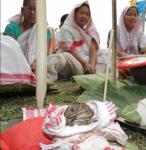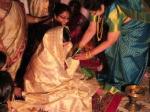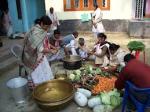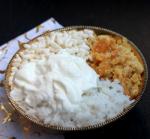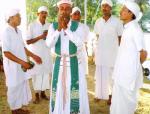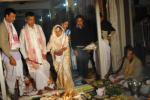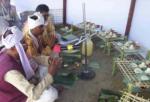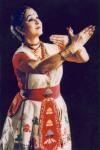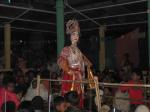|
Culture is a term admitting of various interpretations. The consensus of opinion seems to indicate that it generally transcends the biological individual and deals with the mass of learned and transmitted habits, techniques, ideas, and values-and the behaviour they induce in a particular social group. Culture not only comprehends what is obvious, that is, the arts and crafts and oral or written literatures and thought currents, but also the basic customs and traditions, rites and rituals which together foster a certain social pattern and a certain outlook among the people living in that pattern. Literature and historical incidents are but what we see from the outside; what gives authenticity and a convincing colour to any study of a social group is an understanding of the deeper roots from which it sprouted. Assam is the meeting ground of diverse cultures. The people of the enchanting state of Assam is an intermixture of various racial stocks such as Mongoloid, Indo-Burmese, Indo-Iranian and Aryan. The Assamese culture is a rich and exotic tapestry of all these races evolved through a long assimilative process. The natives of the state of Assam are known as "Asomiya" (Assamese), which is also the state language of Assam.
From time immemorial, the people of Assam have traditionally been craftsmen. Artists, sculptors, masons, weavers, spinners, potters, goldsmiths, artisans of ivory, wood, bamboo, cane and hide have flourished in Assam from ancient times.
Weaving is one traditional craft that every Assamese woman takes pride in. The Assamese women produce silk and cotton clothes of exquisite designs in their looms. Assam is renowned for its exquisite silks namely Eri, Pat and the world famous Muga silk. Gandhiji complimented the Assamese weavers as artists who could weave dreams in their looms.
|





